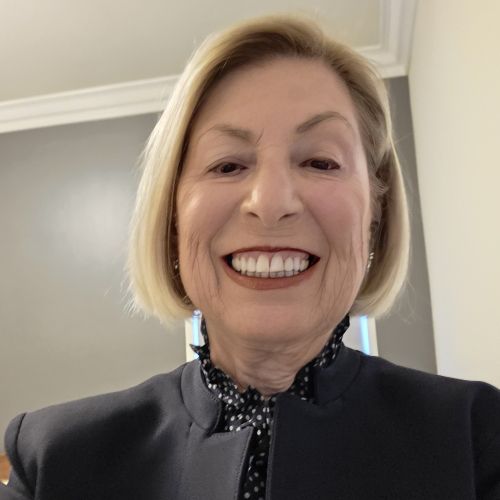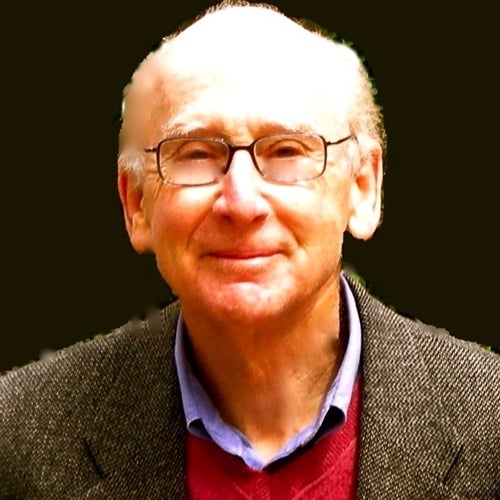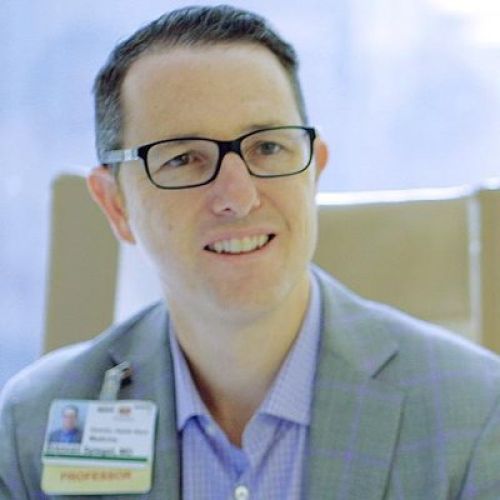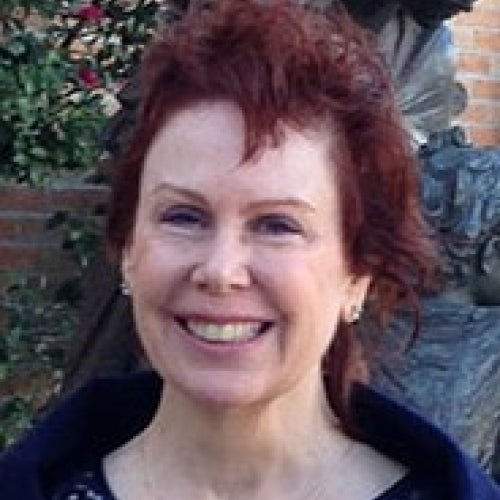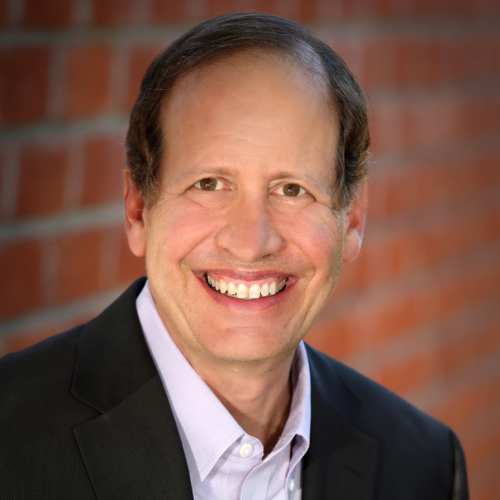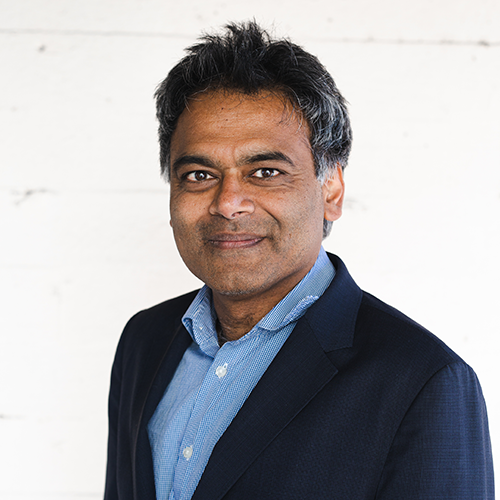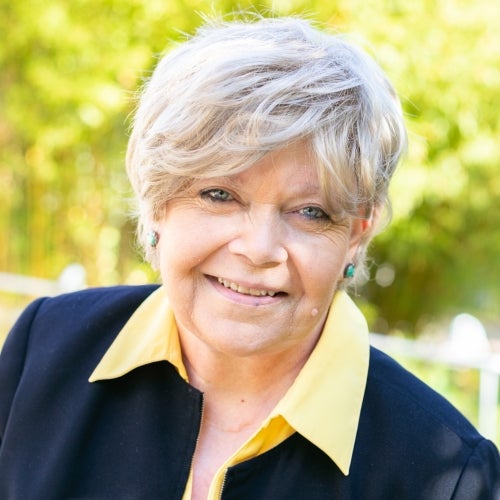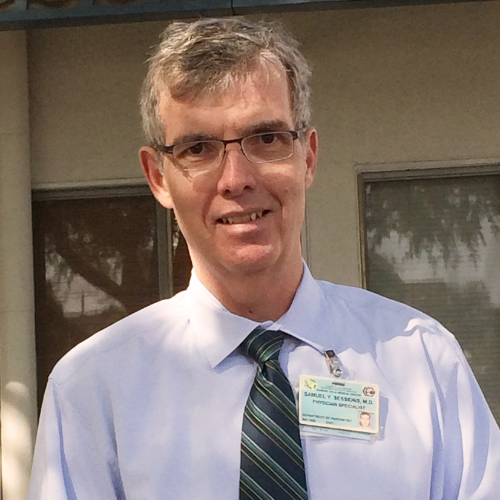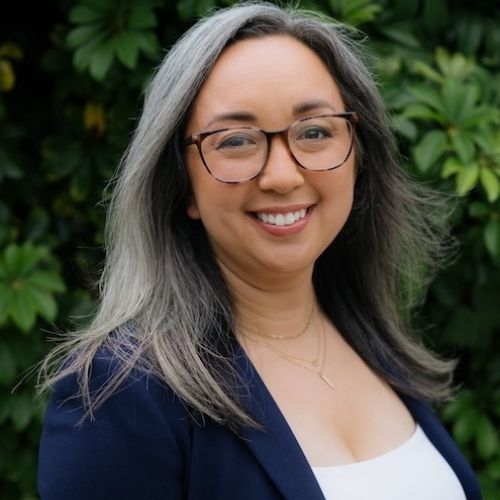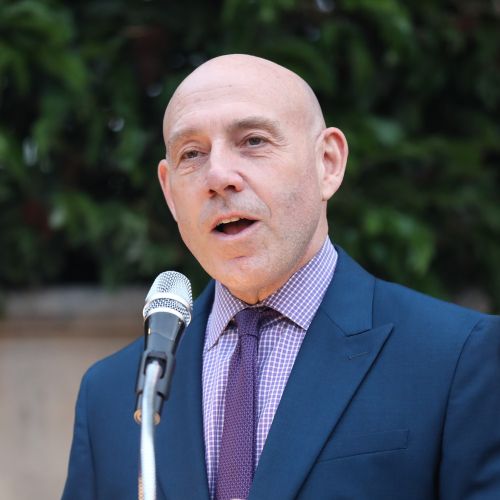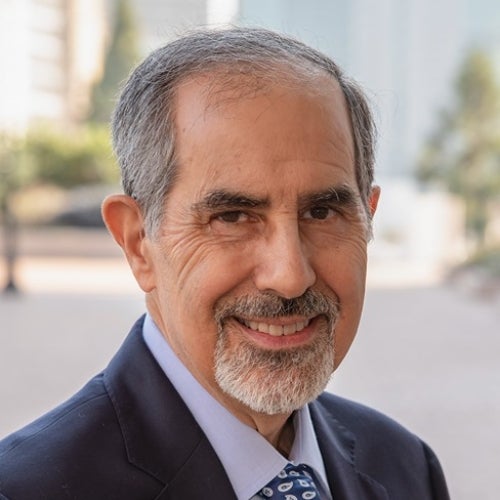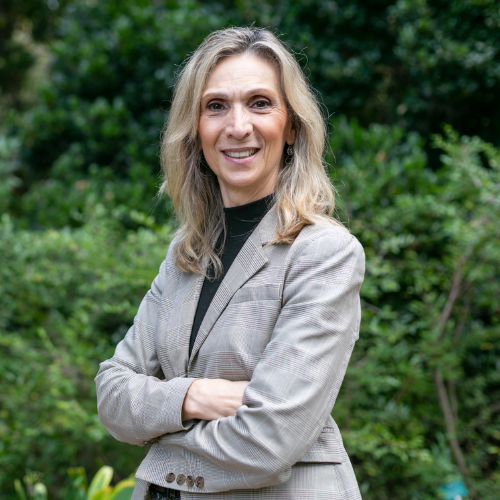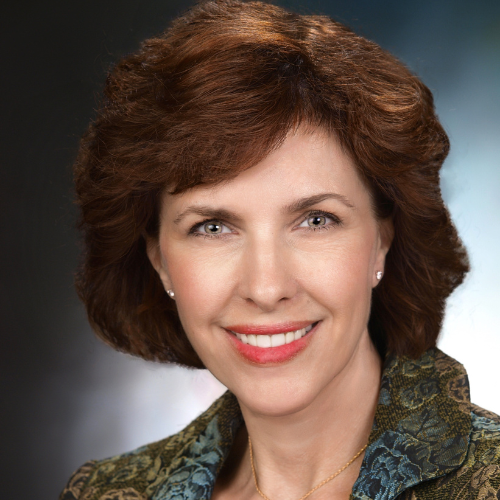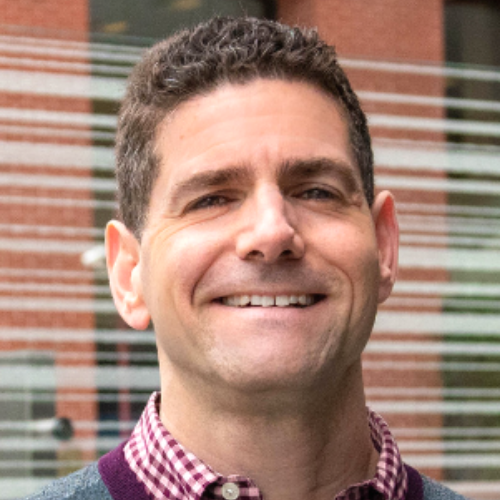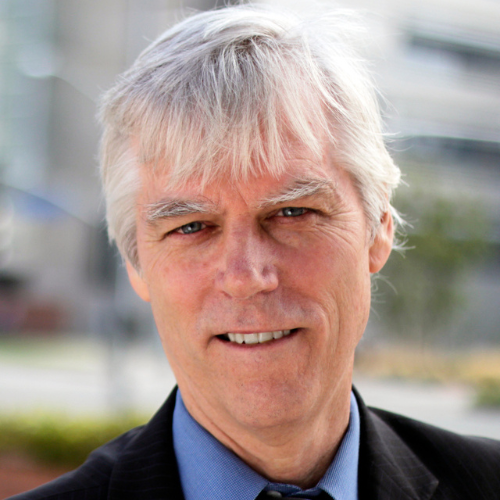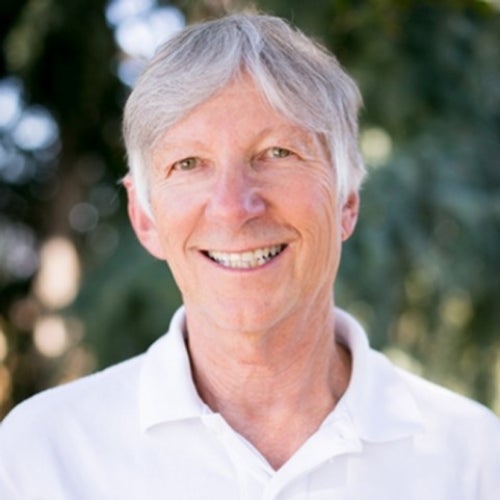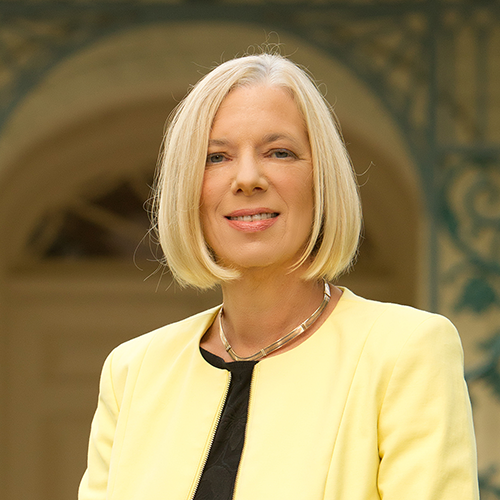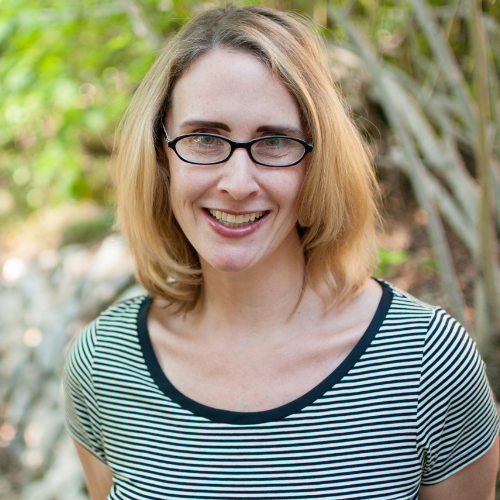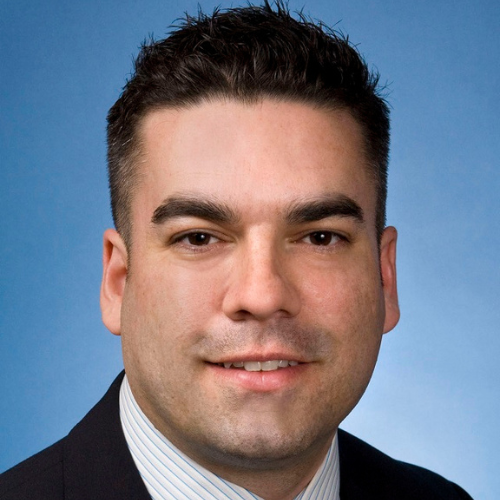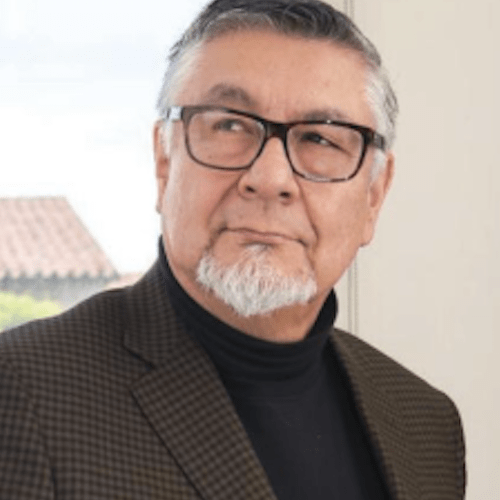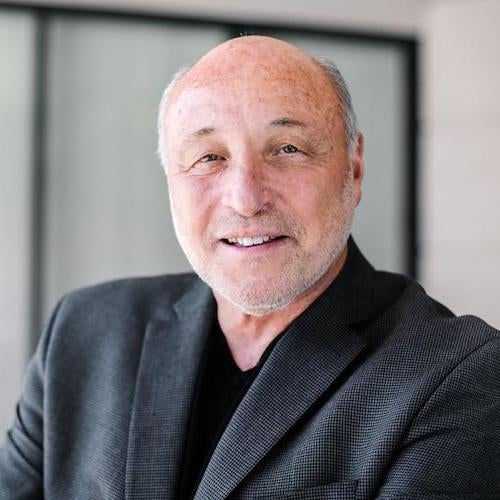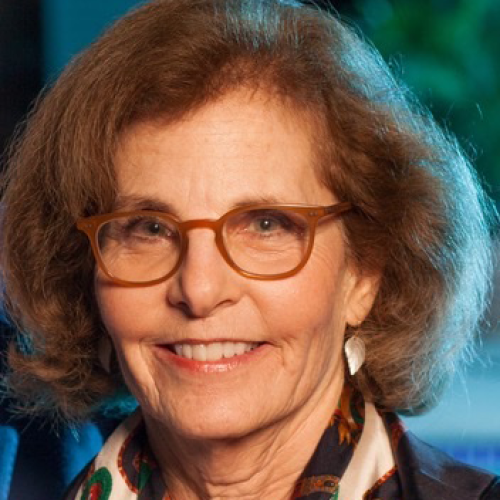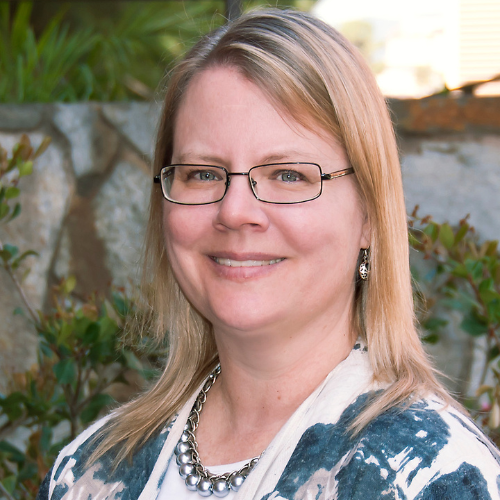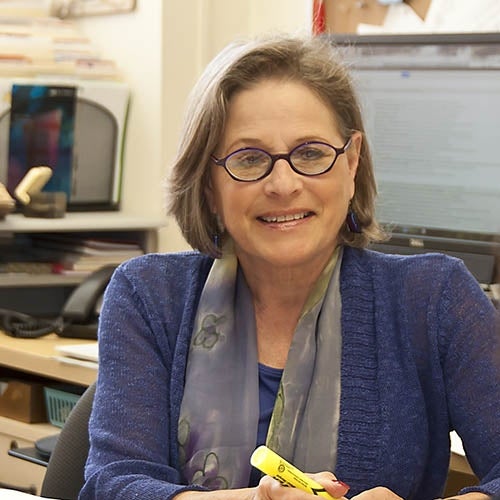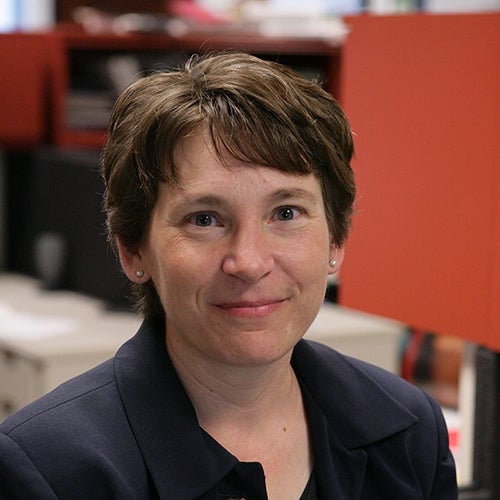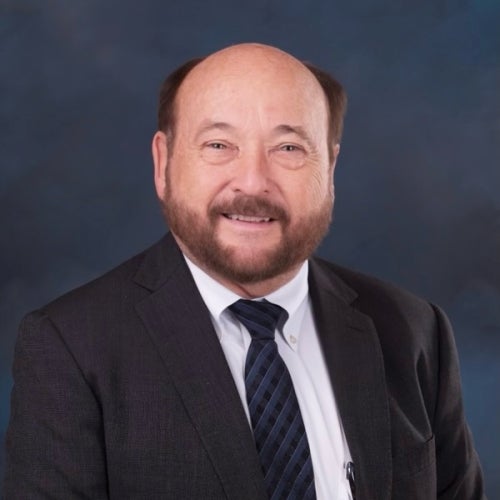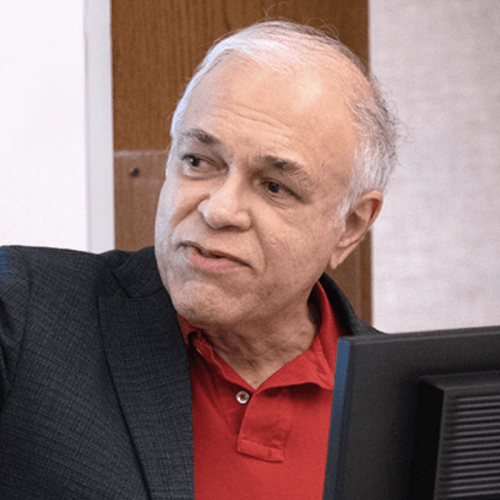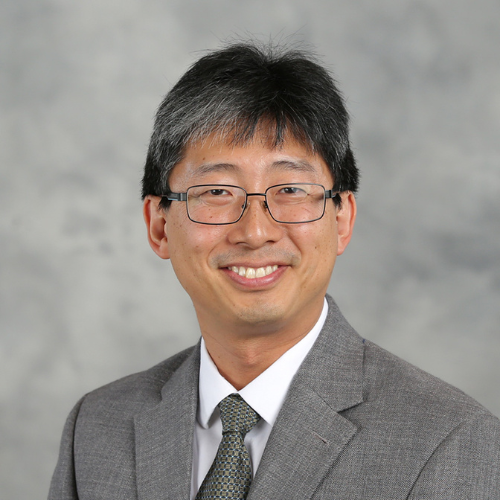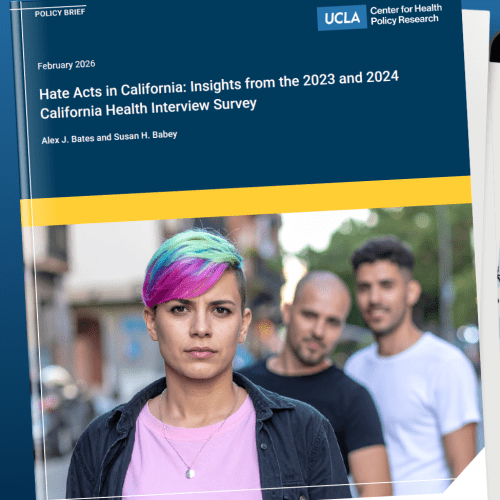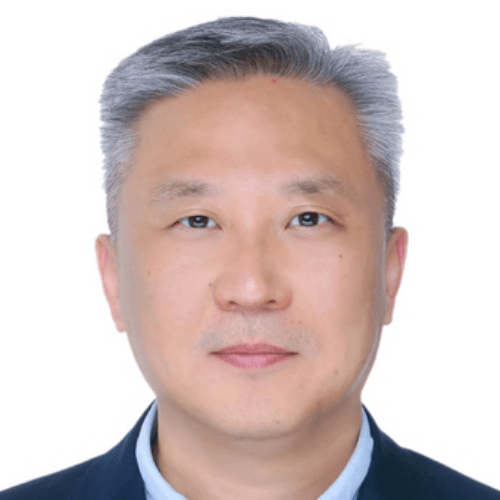Making sure that your place in the sun is a safe one
Professor Dr. Jonathan Fielding discusses developments in sunscreen-related research and best practices to protect oneself from the sun.
Is sunscreen safe? Dozens of news reports posed this question when a JAMA study was released last month. Prompted by Food and Drug Administration (FDA) questions, the study found that with continuing use, the active ingredients (avobenzone, oxybenzone, octocrylene and ecamsule) of four commercially available sunscreens were absorbed into the bloodstream and met or exceeded estimated toxic levels. The FDA was concerned that accumulation of these chemicals could exceed its guidance that any active ingredient whose concentration exceeds 0.5 nanograms (that’s only one-billionth of a gram) per liter of blood should undergo toxicology assessment to see if it is causally associated with “cancer, birth defects or other adverse effects.”
While media reporting may have caused some to pause before applying sunscreen, the authors themselves urge that their findings shouldn’t prevent us from using it. These levels of absorption are extraordinarily low and may be completely harmless and the paper concludes that further study is warranted.
Sunscreen’s effectiveness against skin cancer — the most common form of cancer in the U.S. — is not in dispute, and the risk of not using it is great. More Americans are diagnosed with skin cancers, more than three million each year, than all other cancers combined, and one in five Americans will develop skin cancer by age 70.
Faculty Referenced by this Article
Nationally recognized health services researcher and sociomedical scientist with 25+ years' experience in effectiveness and implementation research.

Dr. Michelle S. Keller is a health services researcher whose research focuses on the use and prescribing of high-risk medications.

Professor of Community Health Sciences & Health Policy and Management, and Associate Dean for Research

Dr. Ron Andersen is the Wasserman Professor Emeritus in the UCLA Departments of Health Policy and Management.

EMPH Academic Program Director with expertise in healthcare marketing, finance, and reproductive health policy, teaching in the EMPH, MPH, MHA program





